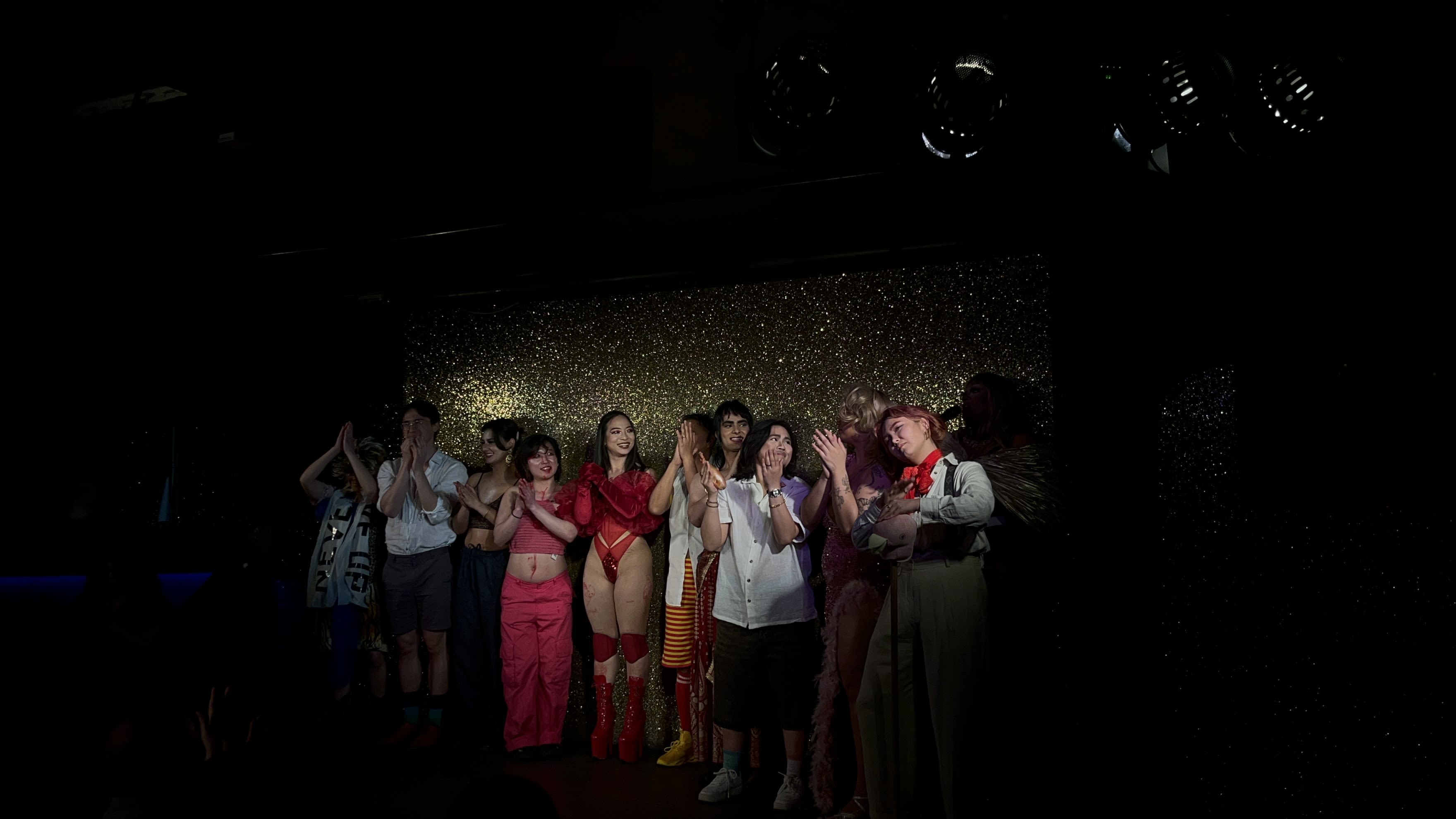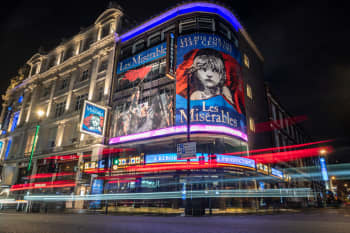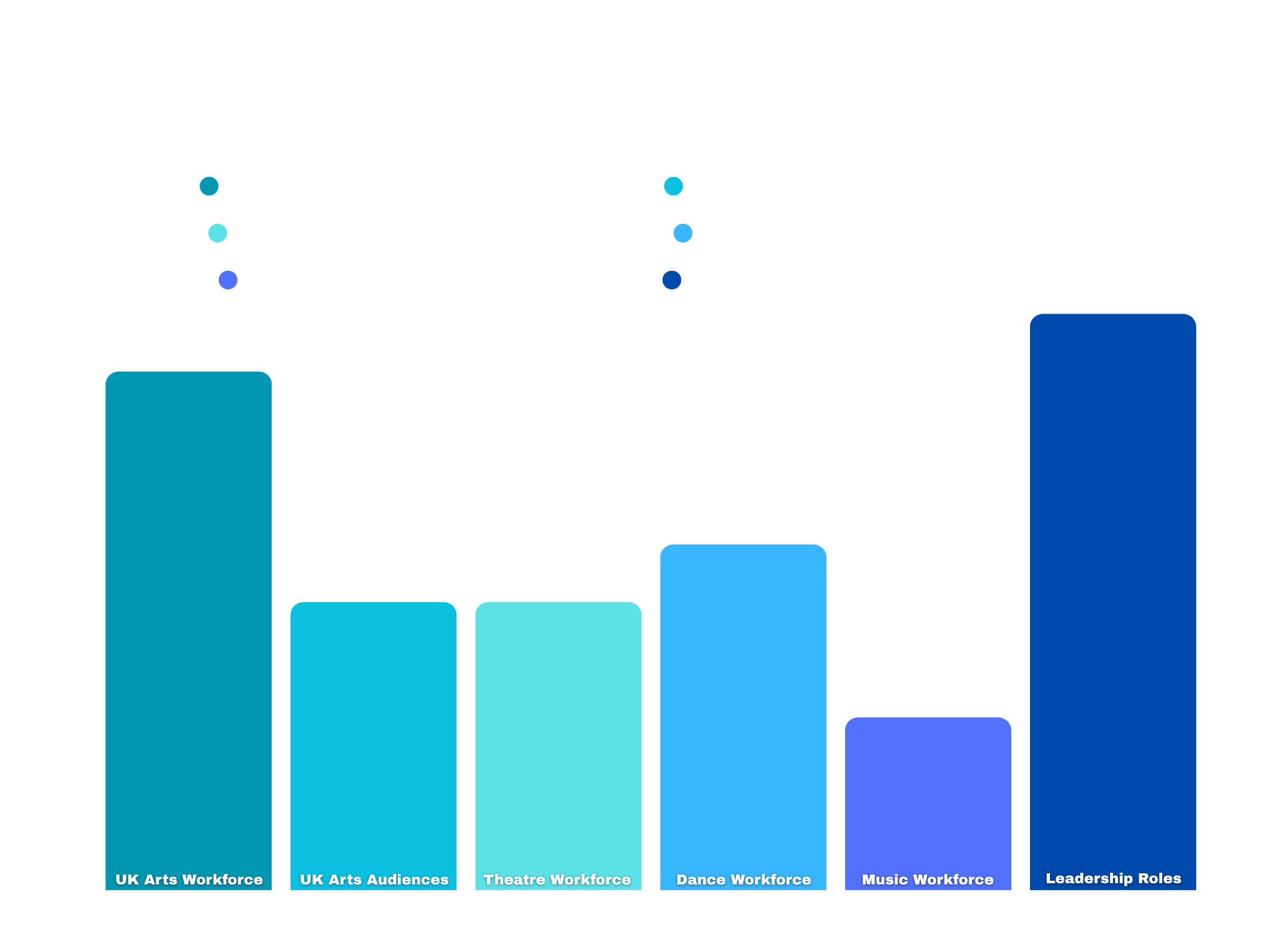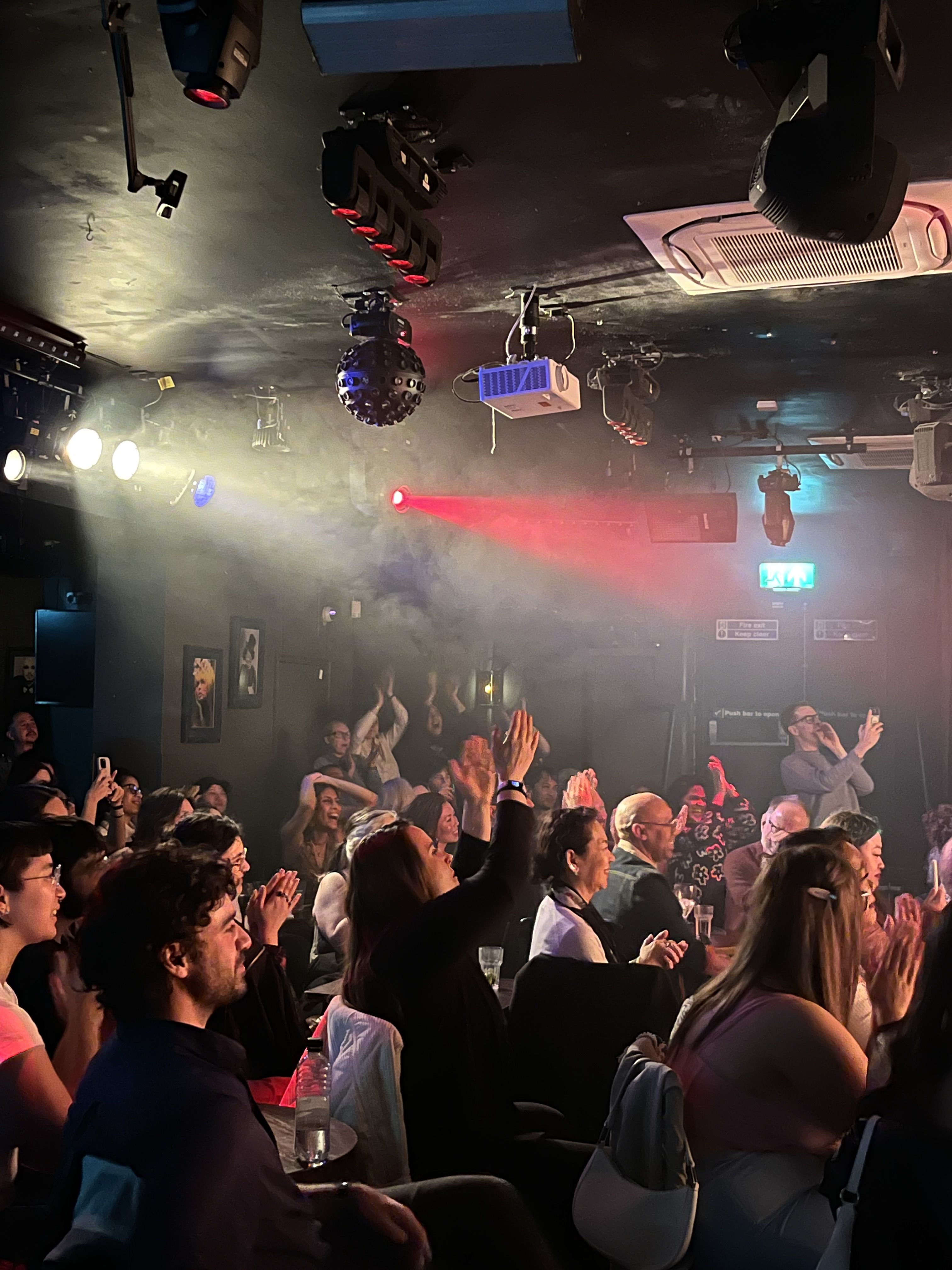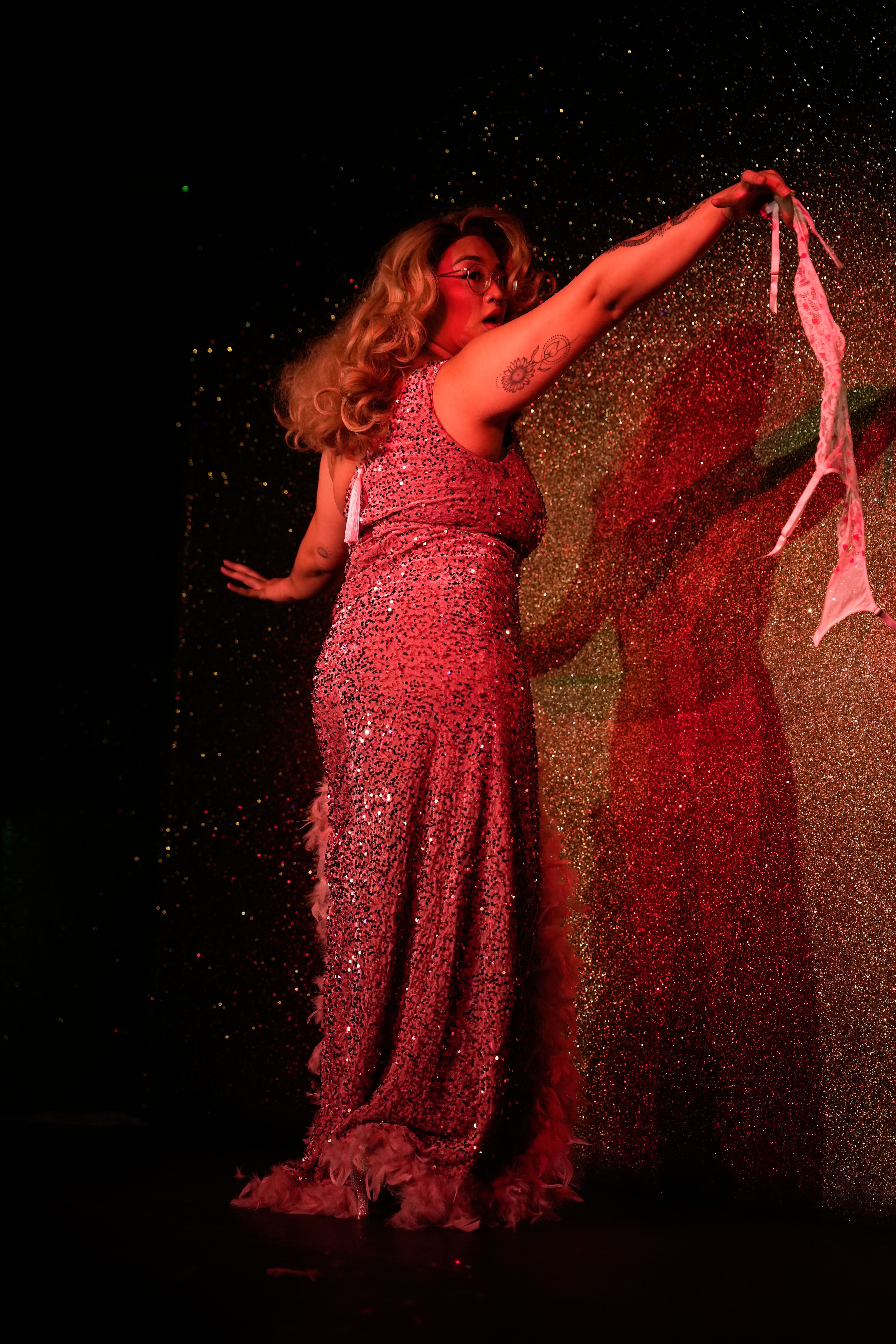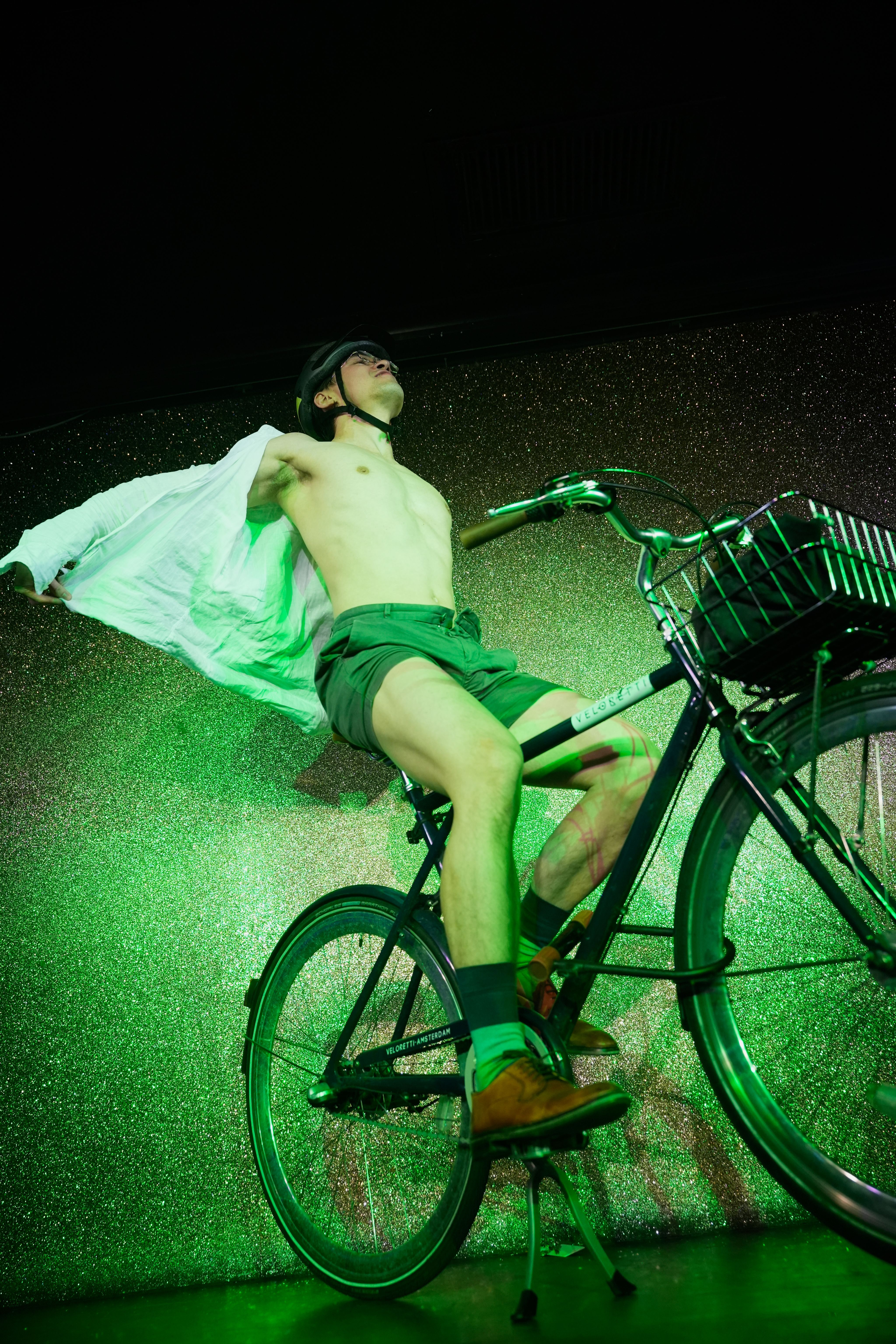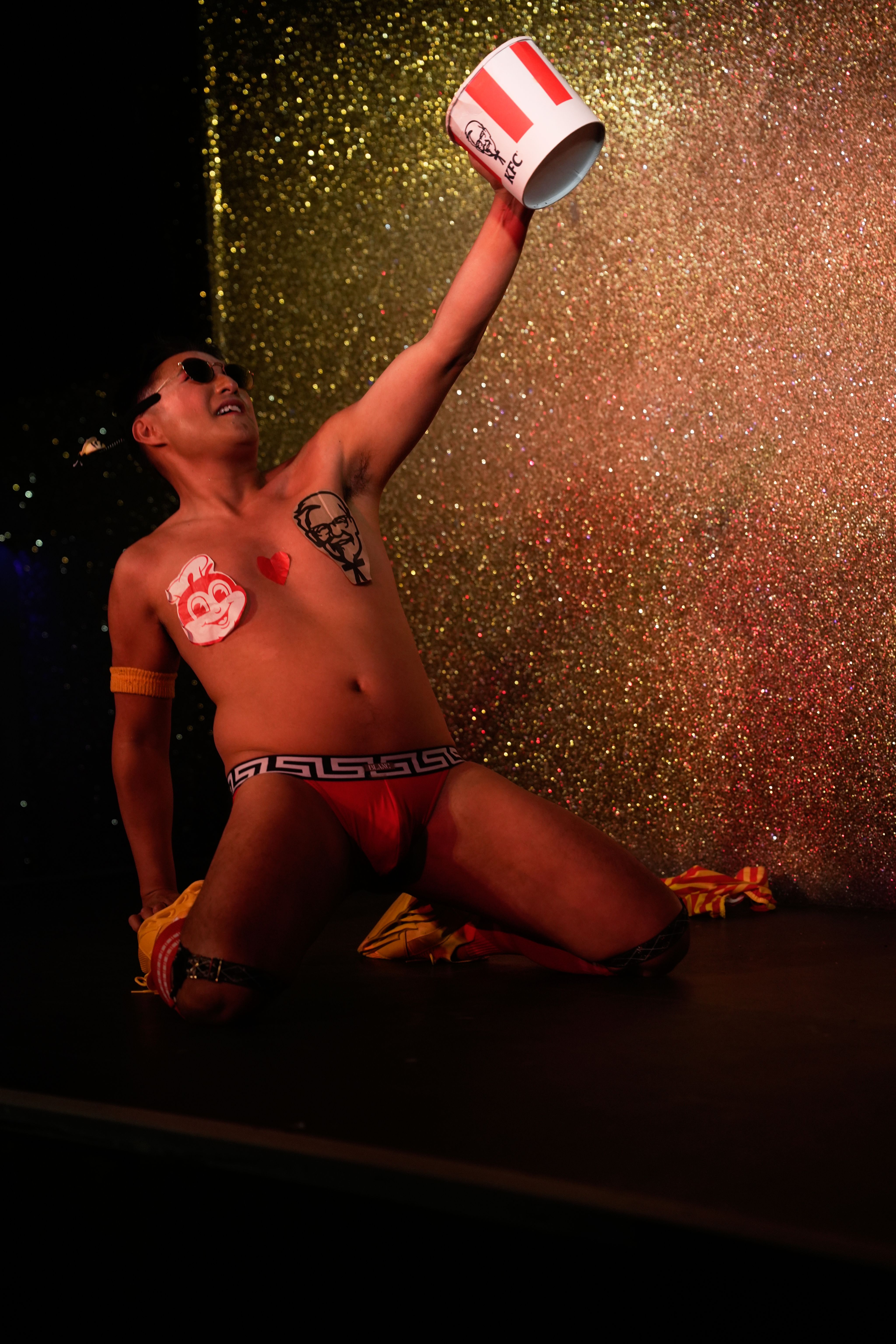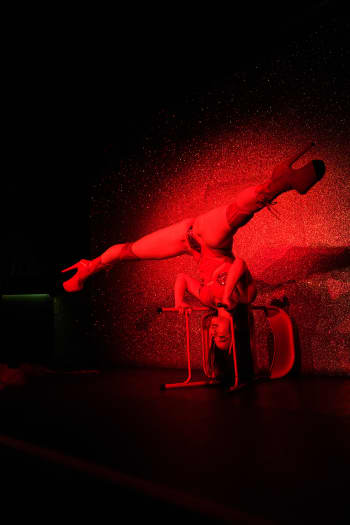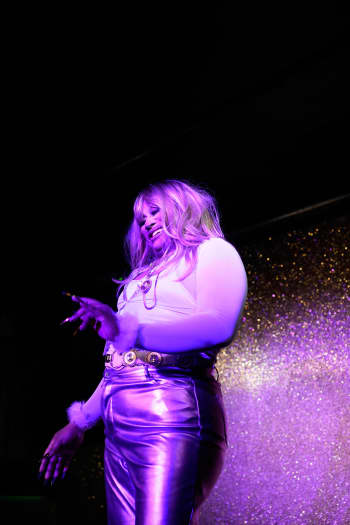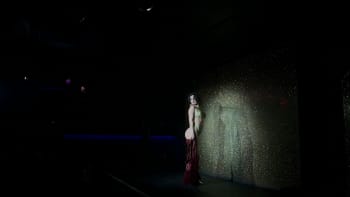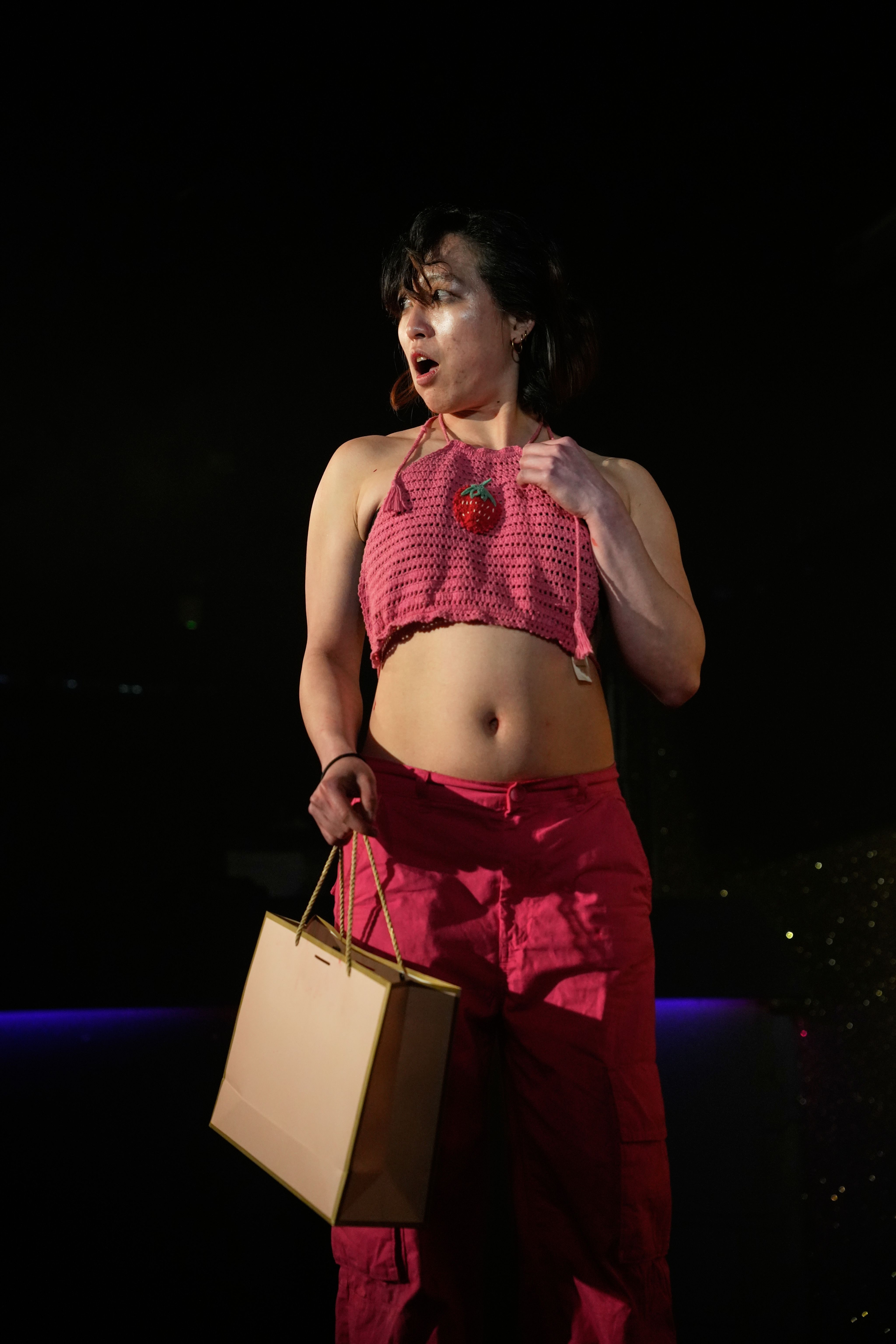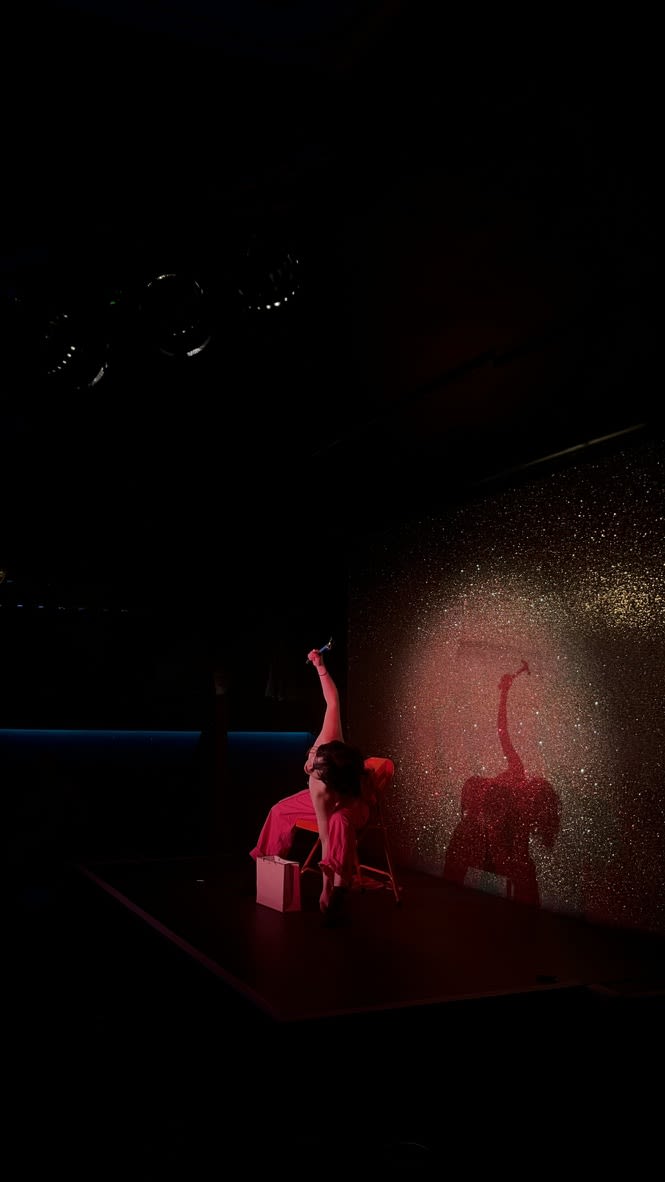Are queer Asians finally getting their London spotlight?
In a city that prides itself on diversity, queer pan-Asian performers are still fighting to be seen and heard
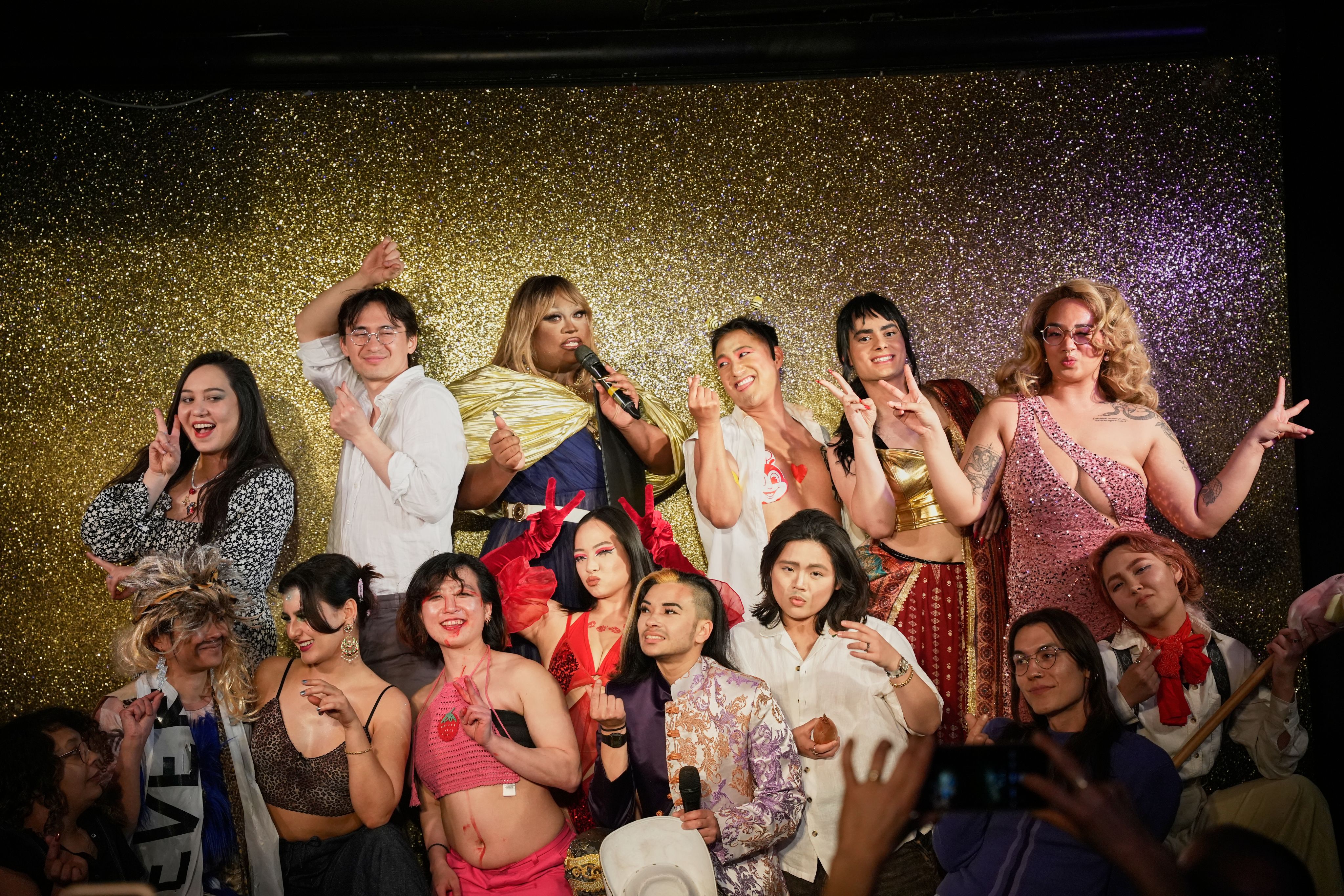

The diversity gap on London’s stages
London likes to think of itself as a global leader in multiculturalism. But while nearly 40% of the population identifies as ethnically diverse, London’s stages tell a much narrower story.
A 2019 study by The Stage found that BAME performers made up 38% of casts in major West End musicals, until you remove a few blockbuster shows like Hamilton and The Lion King. Without them, the figure drops to just 18%.
East and South Asian representation fares even worse. Layer in queerness, gender identity, and cultural nuance, and the spotlight grows even smaller.
Despite the city's complex, vibrant reality, London’s theatre scene still remains shaped by a narrow, traditional lens.
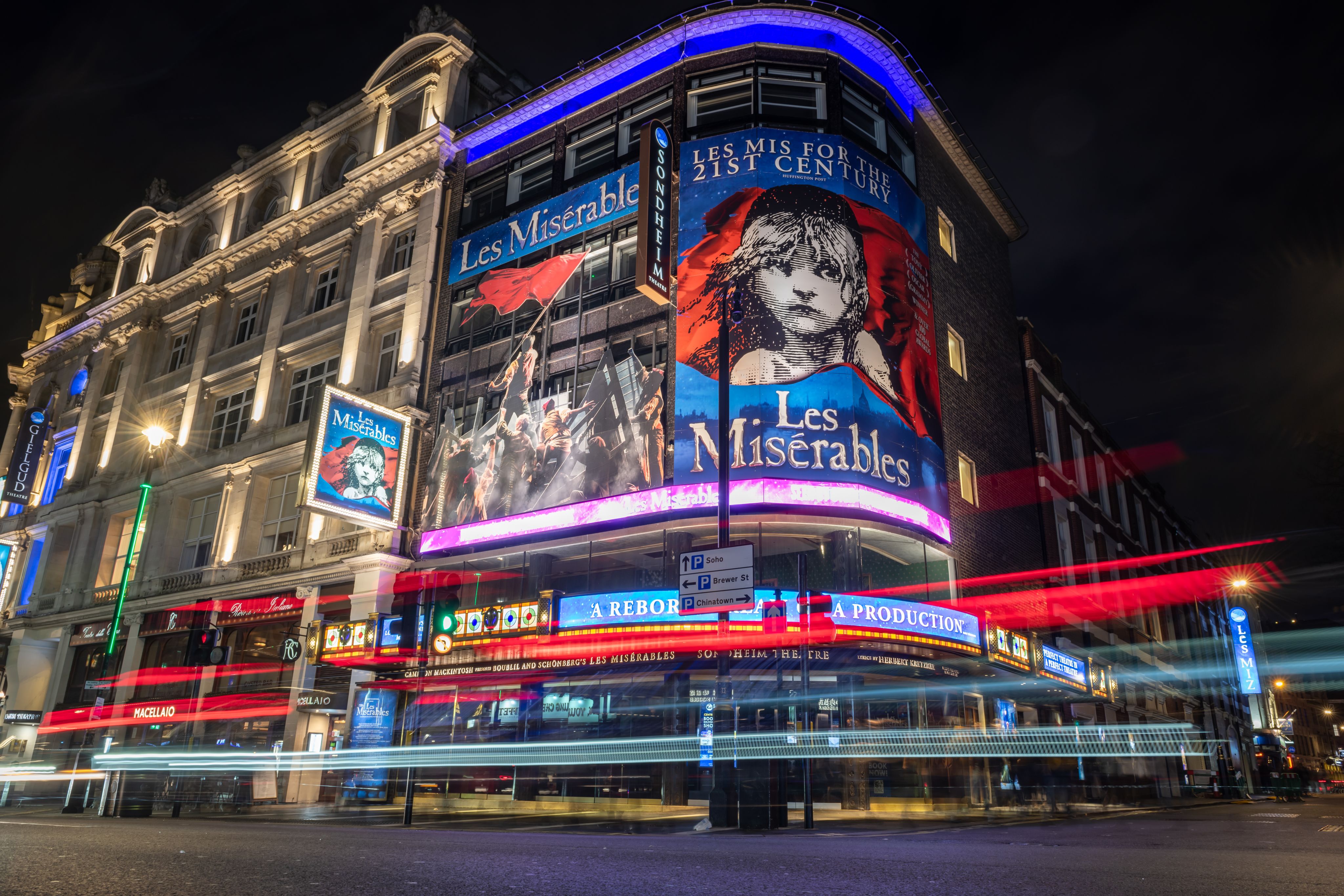
Recent data from Arts Council England reveals just how deep the underrepresentation runs:
Source: Arts Council England
Source: Arts Council England
Only 18% of the UK’s arts workforce and 10% of audiences identify as Black, Asian or ethnically diverse. In theatre specifically, that figure falls to just 1 in 10.
These numbers highlight the urgent need for alternative spaces, places that don’t just include diverse voices, but centre them.
So what happens when those pushed to the margins grab the mic for themselves?
Term Glossary:
Queer. Asian. Unapologetic.
A celebration of community. A challenge to tradition.
The Bitten Peach was founded in 2019 to carve out space for queer pan-Asian cabaret performers on stages across England, centering joy, defiance, and self-expression.
From that mission, Peach Fuzz was born: an eight-week cabaret course designed to give queer Asians the tools, mentorship, and platform to perform cabaret.
What begins as a crash course in cabaret ends in a riotous one-night-only showcase - part debut, part celebration. Where newcomers share the stage with seasoned performers.
It’s not just a show, it’s a space where queer Asians can claim centre stage, and for the very first time for some of them.
On a spring evening in Clapham, the back room of The Two Brewers pulsed with anticipation. The lights dimmed. A hush fell.
Then, an explosion of strip-teasing, drag, dance, and raw queer joy erupted across the stage, met with roaring laughter, cheers, and the kind of whoops that come from a crowd finally seeing themselves reflected.
Photo: Issie Yewman
Photo: Issie Yewman
But beyond the glitz lies a pressing question: in a city as diverse as London, why does a night like this still feel revolutionary?
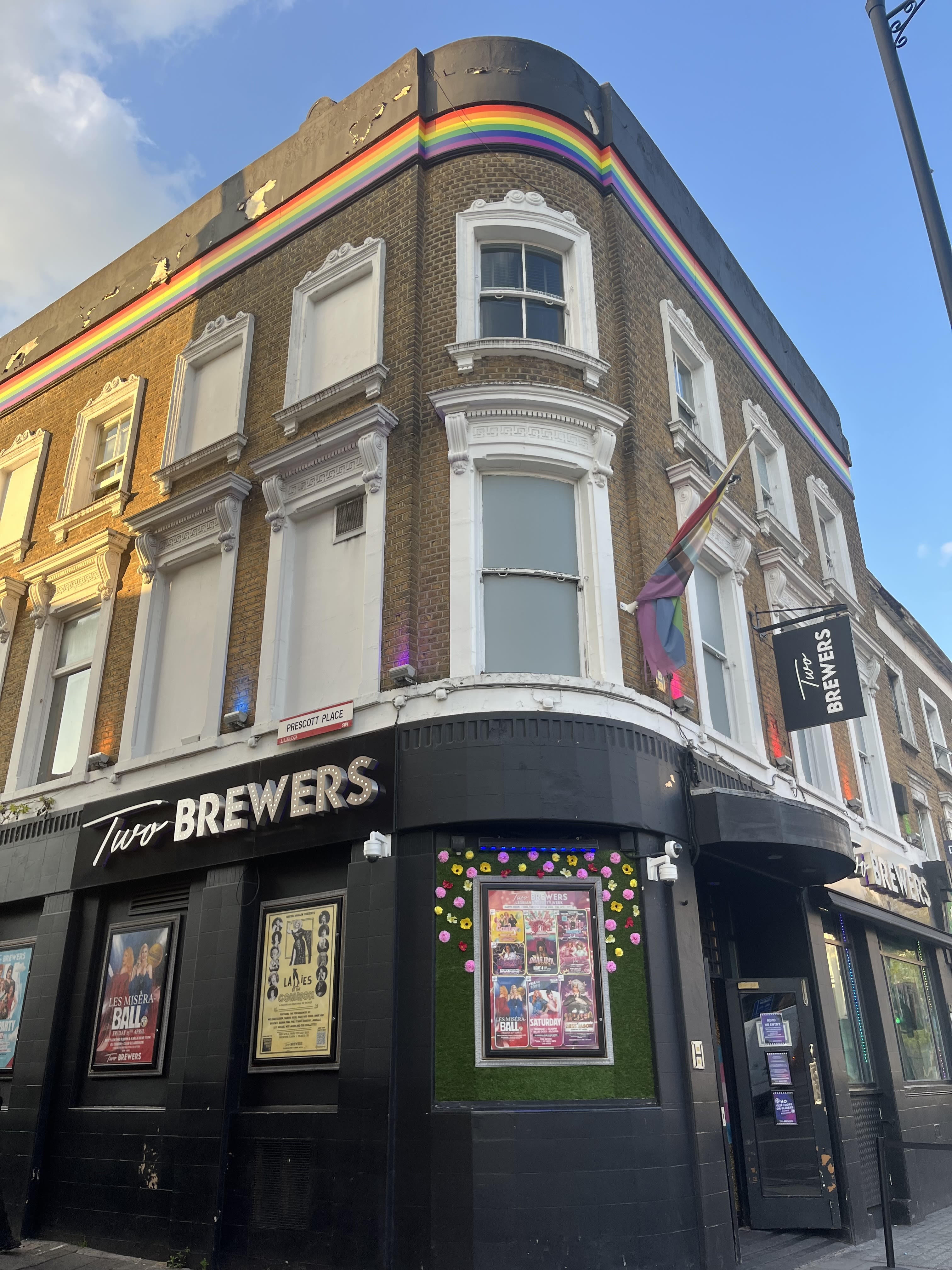
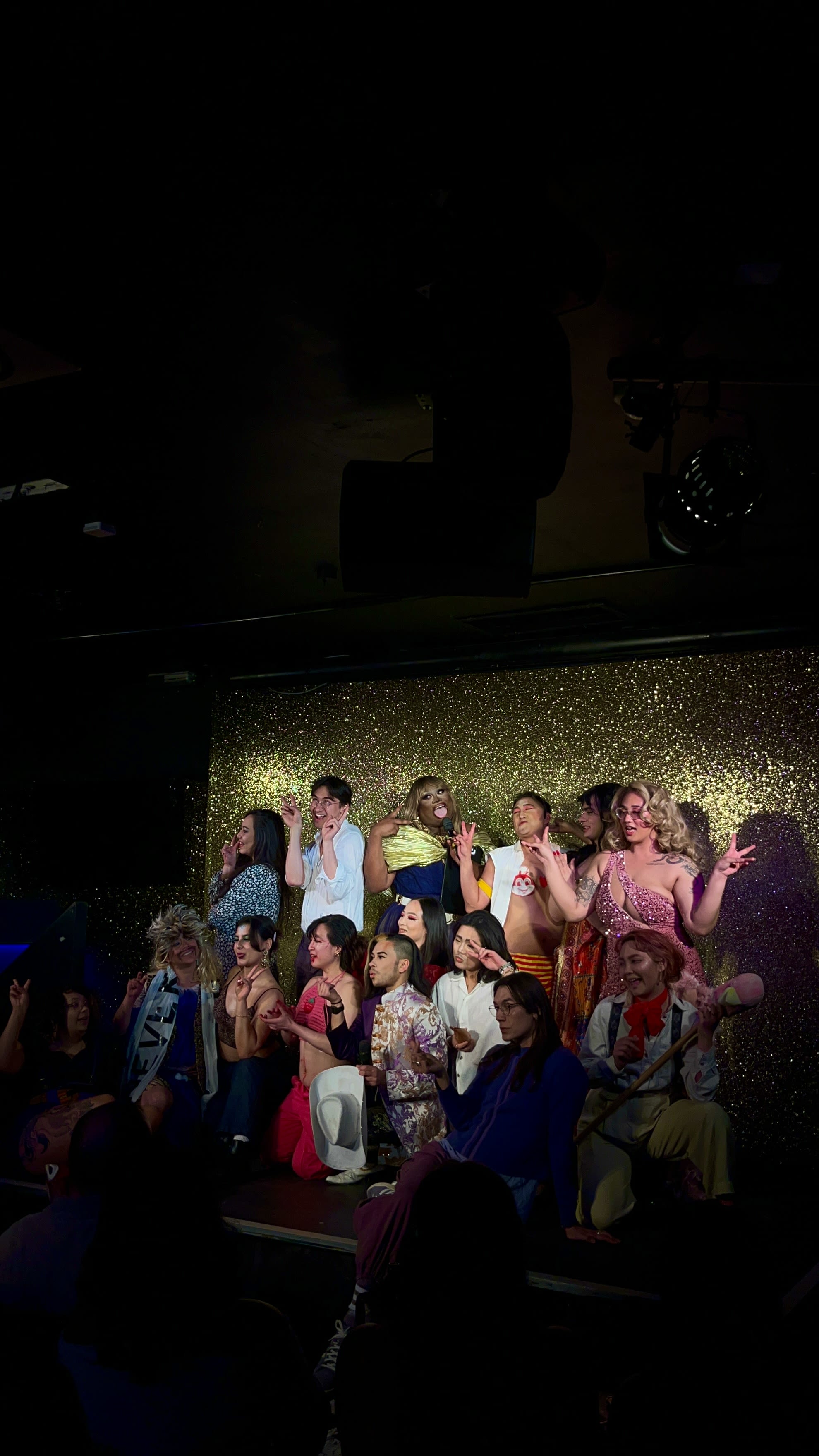

Simply taking up space, as queer, as Asian, as creative, is an act of resistance.
Joy is still radical, joy is still resistance.
Photo: Yi Lin Wong
Photographed by Yi Lin Wong
Photo: Yi Lin Wong
Photographed by Yi Lin Wong
Photo: Yi Lin Wong
Photographed by Yi Lin Wong
Photo: Yi Lin Wong
Photographed by Yi Lin Wong
Photo: Yi Lin Wong
Photographed by Yi Lin Wong
Photo: Yi Lin Wong
Photographed by Yi Lin Wong
We hear about London being so diverse, but representation is still filtered through a white, cis, heteronormative lens.
That night, ten performers took the stage - four of them for the first time ever. But on this stage, centre spotlight, they were met not with doubt, but with love and acceptance.
"This is about community," said Alisa James, co-founder and director of The Bitten Peach. "It’s about our space and doing what the hell you want on stage. And the audience knows that, and they love that as well."
Alisa knows the power of that moment. With a background in dance, theatre design, and drama school, her career has spanned circus studios in New York to burlesque bars. But it was breaking away from traditional performance paths that changed everything.
"Everything in my background was so serious," she says. "Breaking out of that mould was quite cabaret, to just be like, ‘I’m not going to dance. I’m going to strip, in the most authentic way possible.’"
For Alisa, the goal isn’t just confidence. It’s skill. "My responsibility is teaching people how to perform, that is my main thing. I won’t teach you how to be more confident. I will teach you performance skills, and confidence follows," she said.
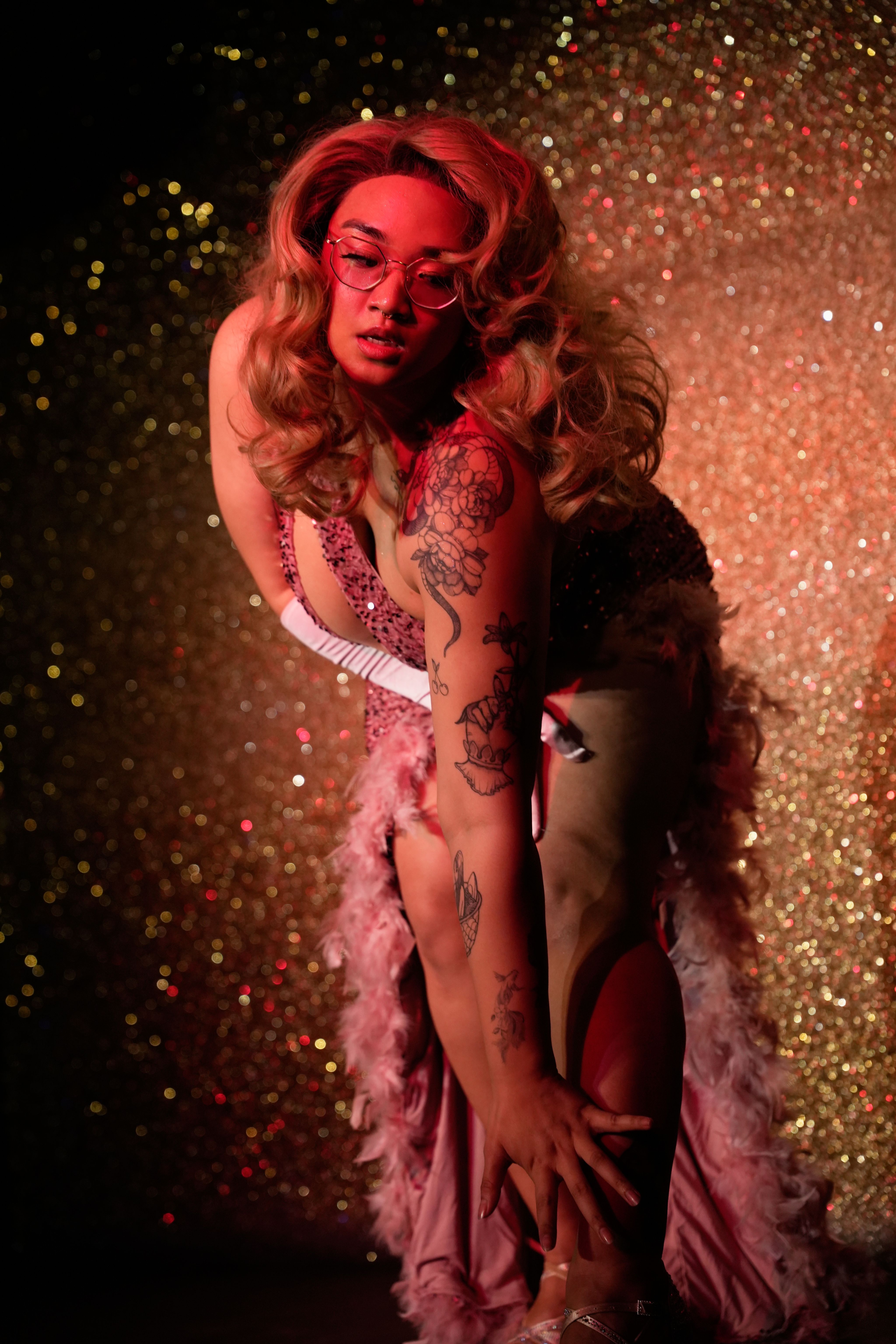
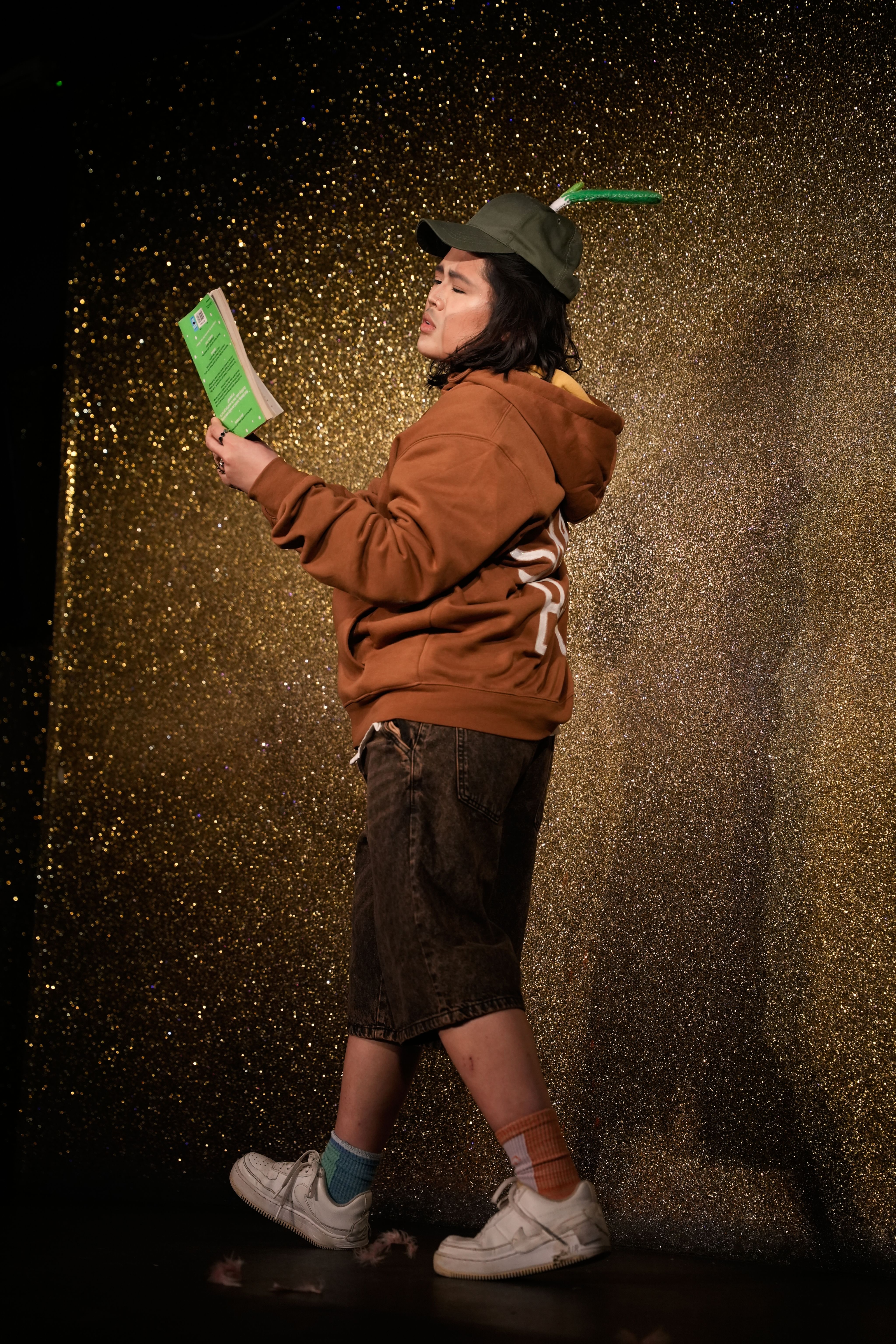
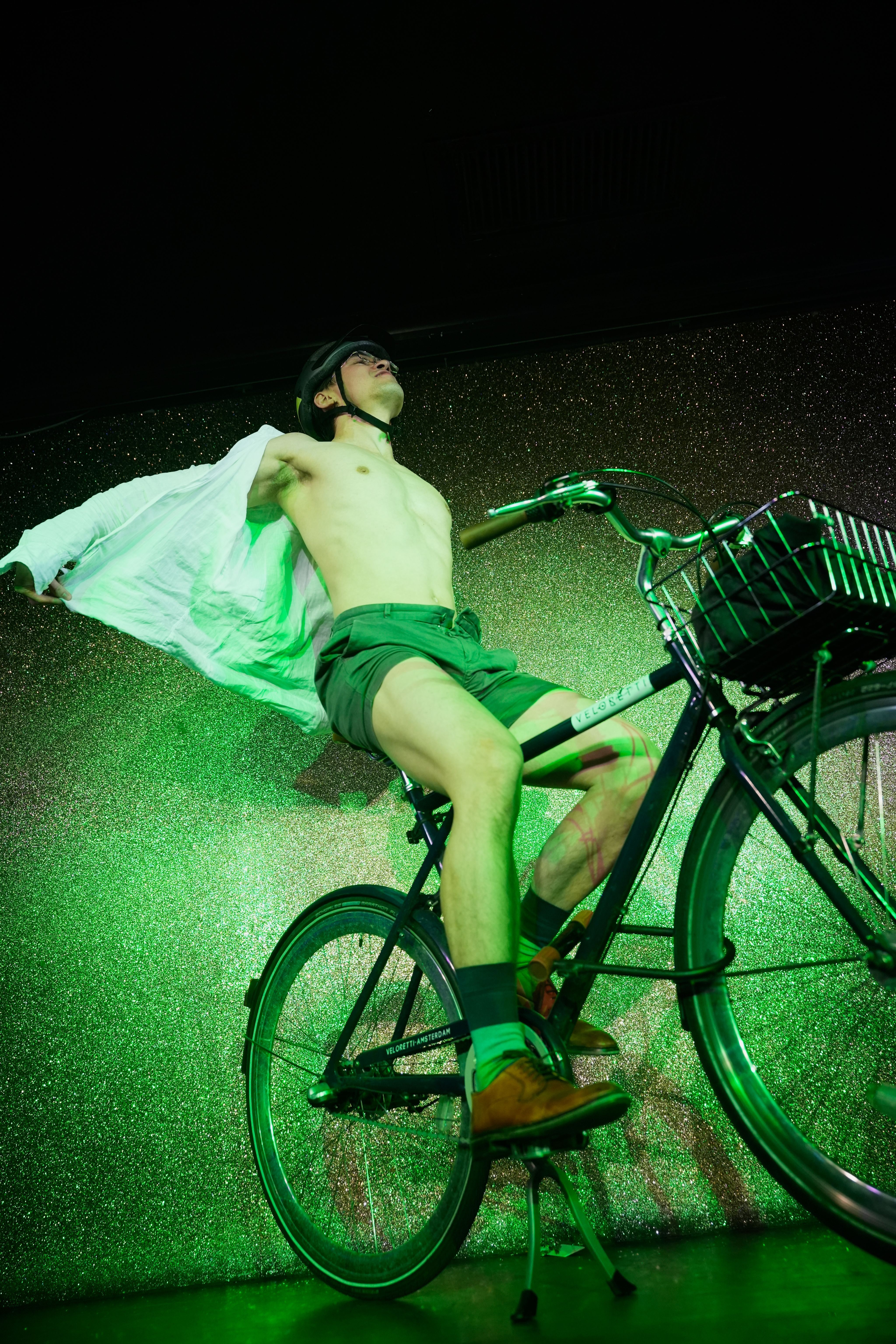

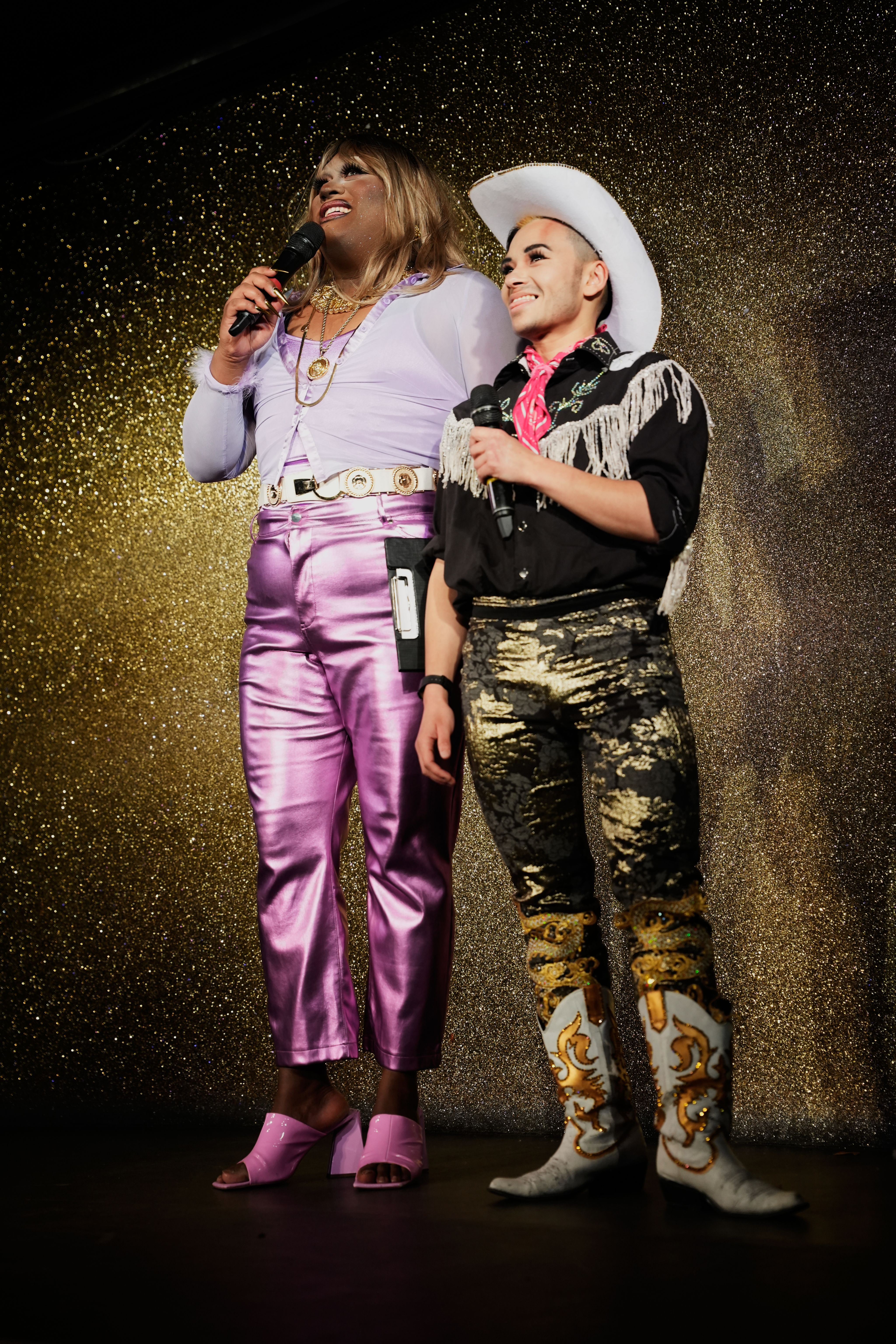
The impact runs deeper than entertainment. Jason Kwan, Company Director of The Bitten Peach, puts it bluntly:
Within UK media, ESEA representation is so low that the figures have been redacted. Our aim is to give Asian performers opportunities to break down stereotypes, express their artistry, and add to the conversation.
Straddling cabaret and theatre, The Bitten Peach pushes artistic boundaries.
"Having a diversity of artists means you get a diverse interpretation of art forms, leading to diverse audiences," says Jason. "We hope to keep pushing the boundaries of cabaret and theatre artistically."
Alisa and many of the performers involved, echo that just getting up on that stage is political. It’s sensual, it’s defiant, it’s funny, and it’s urgent.
They can be loud, you know, and complex, it’s political, it’s funny, sensual as well.
Peach Fuzz is bold. It’s chaotic. It’s unlike anything most audiences have ever seen. "What the hell did I just see?" Alisa imagines the audience asking. "They were part of something special. They saw some shit hot Asians being absolutely unapologetically hot, crazy, talented, queer."
In a city celebrated for its multiculturalism, Peach Fuzz still feels revolutionary.
In England, people go through a very traditional type of theatre or dance training. That’s still filtered through a white, cis, heteronormative lens. Peach Fuzz is a big breath of fresh air to them.
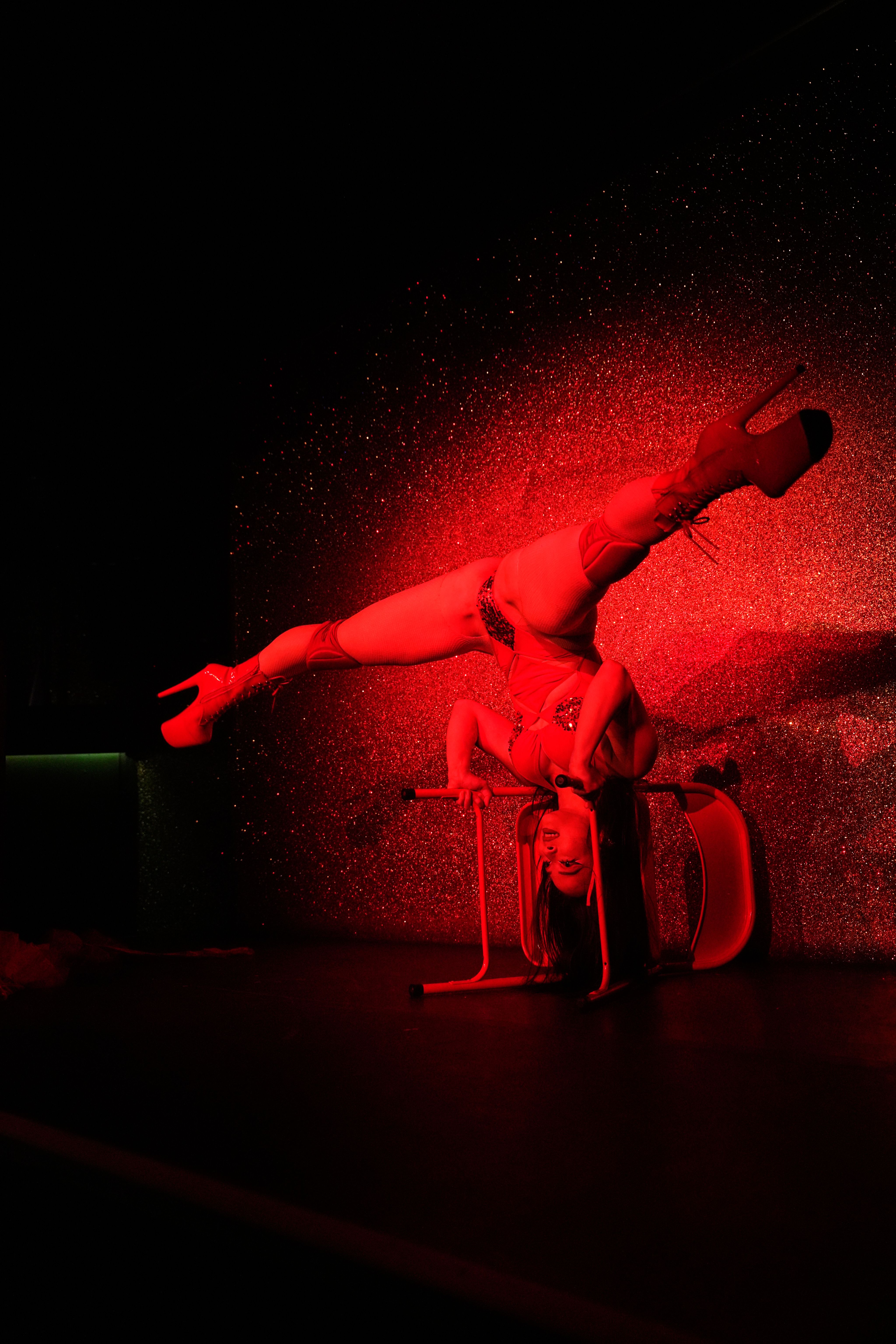
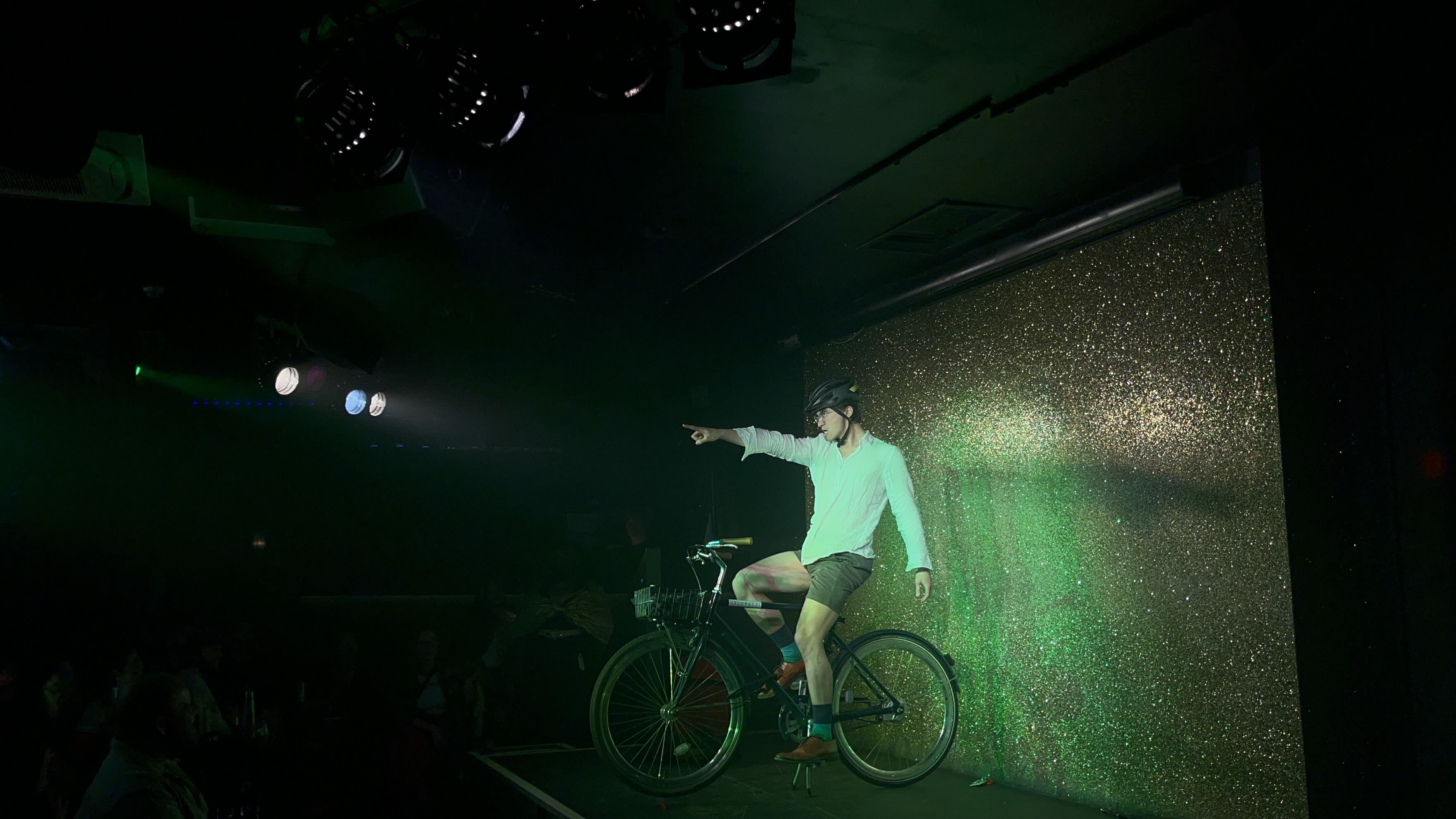
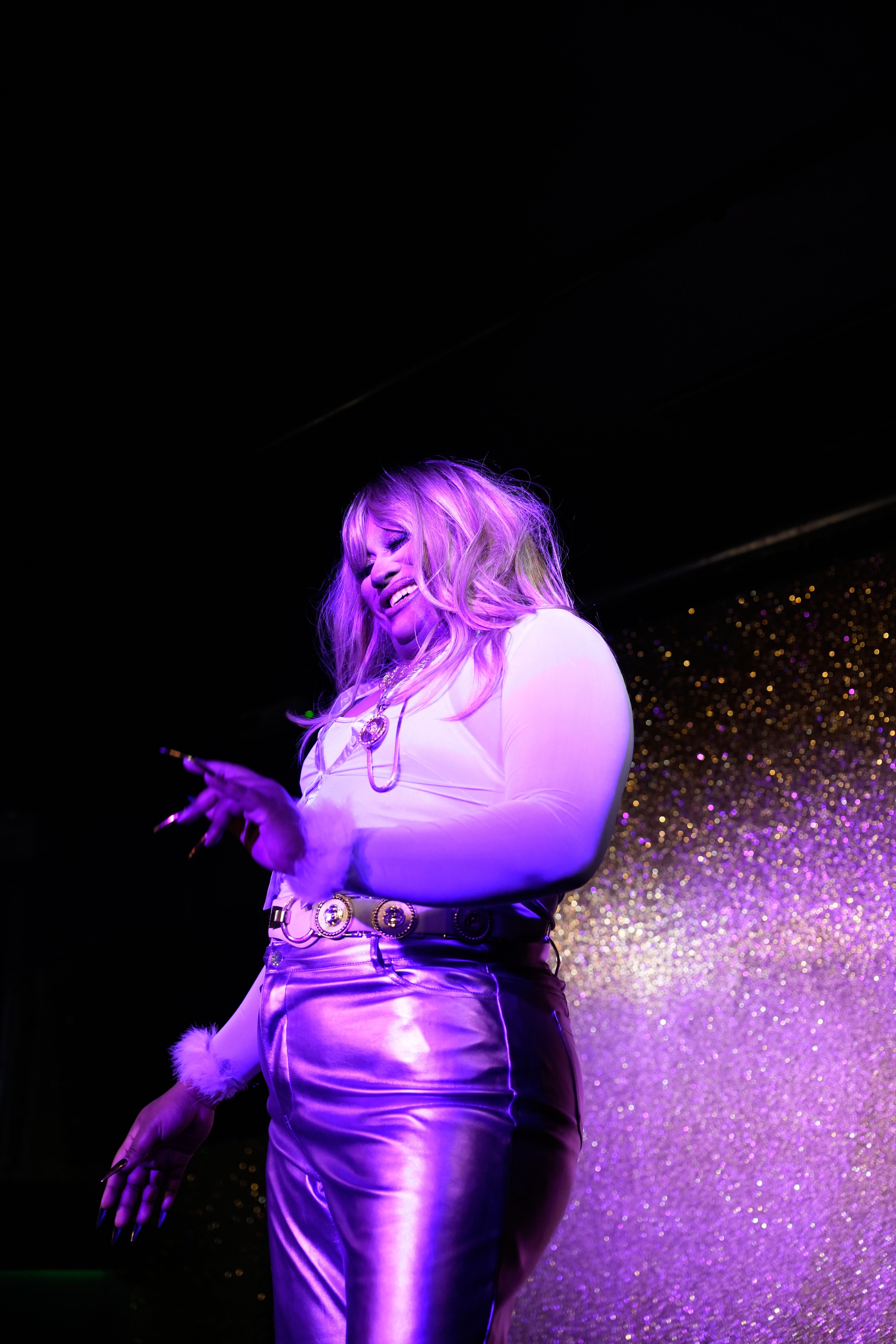
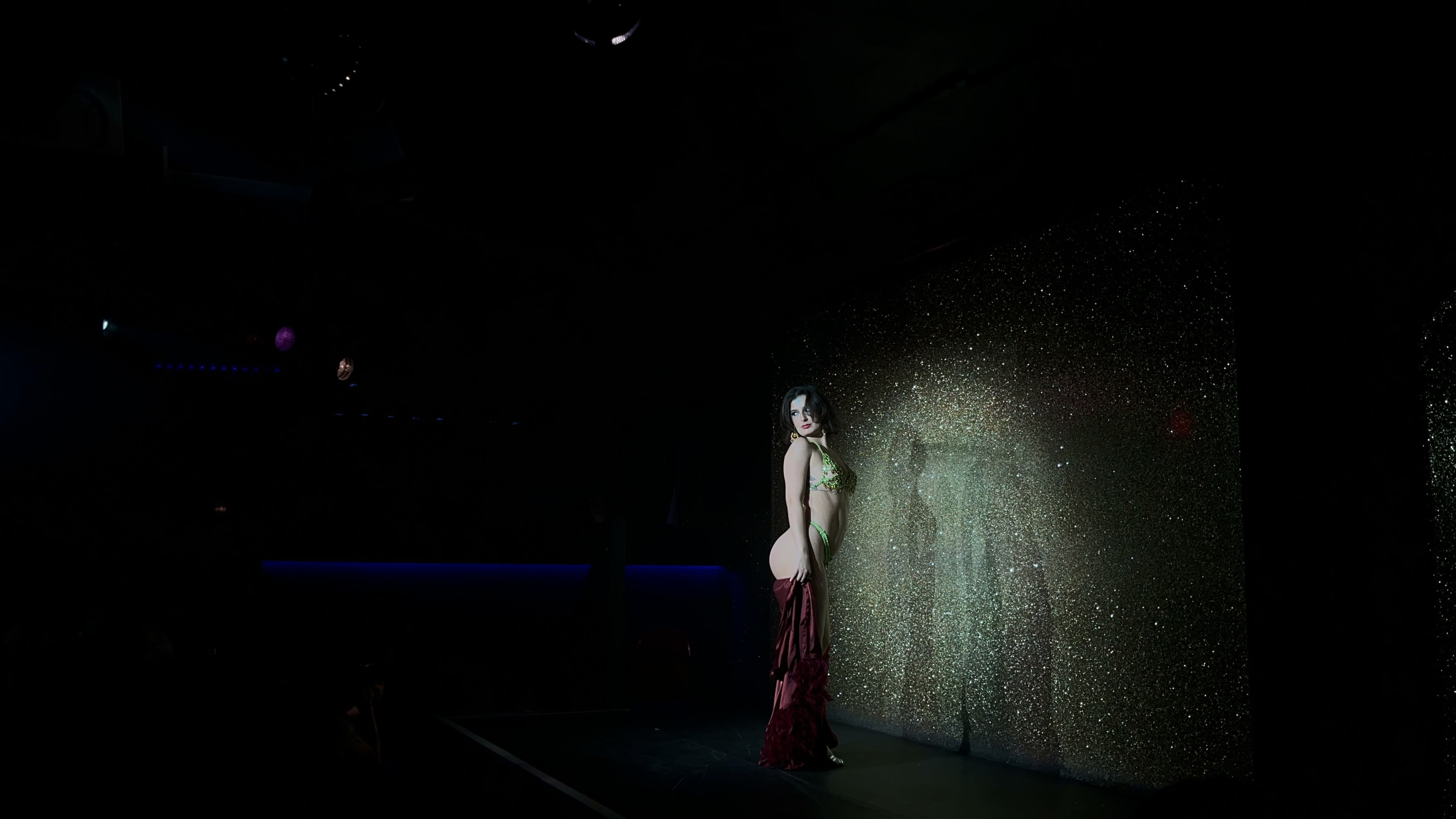
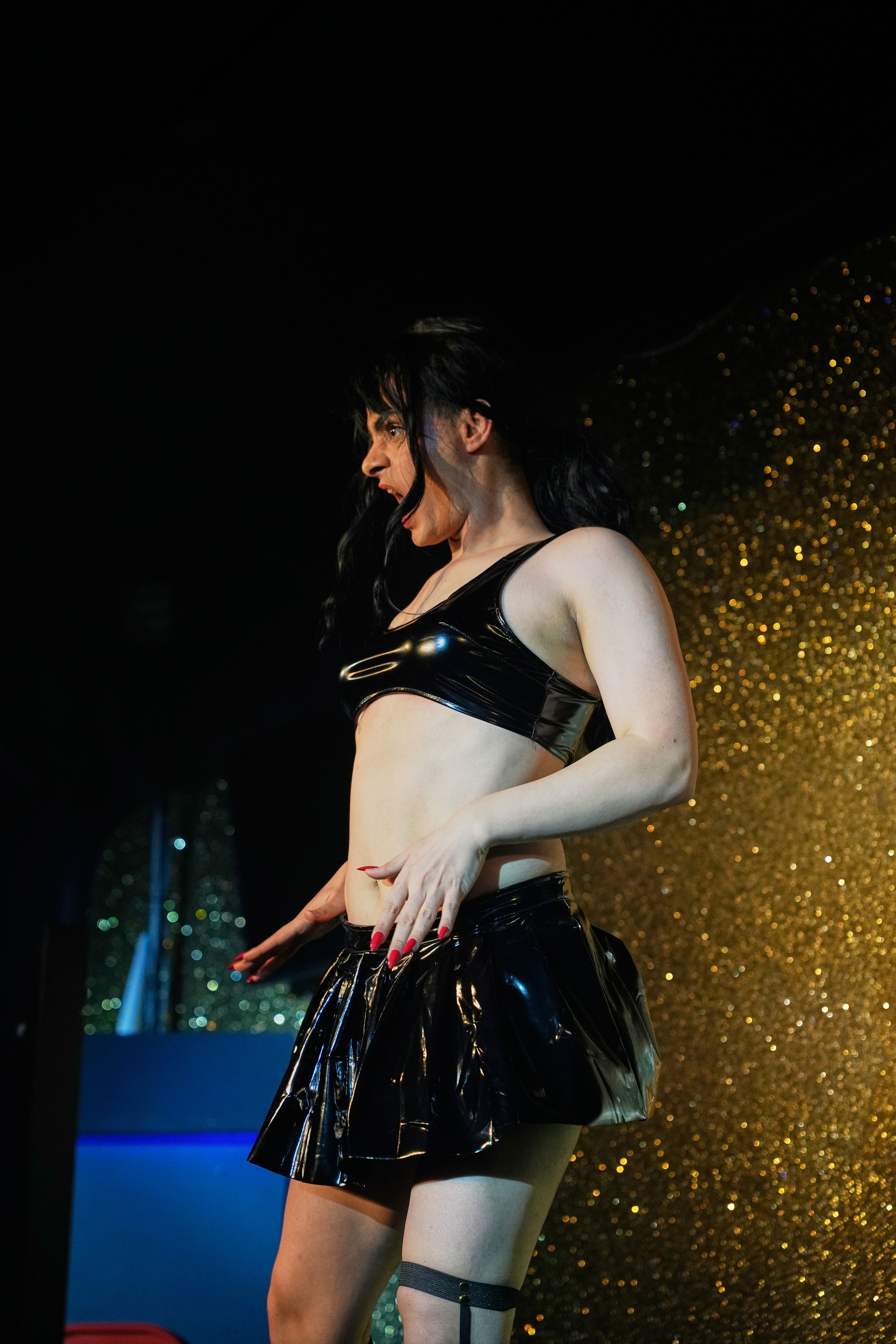
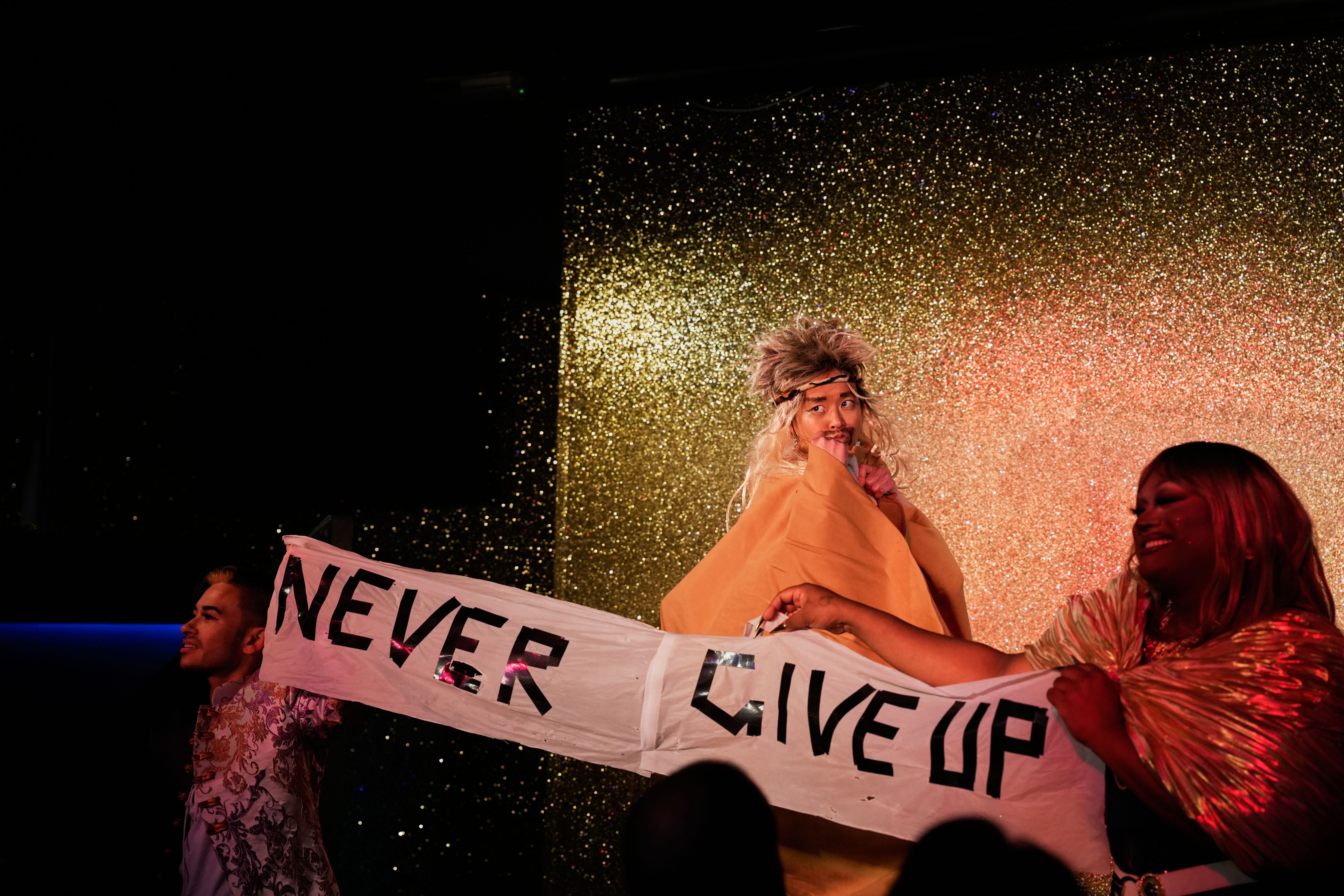
For Asia, I’m just completely generalising, but parents expect quite a lot. It’s very rare to hear that one is allowed to fuck up. That in itself is pretty punk, to be like, ‘oh my god, I’m just doing whatever the hell I want.
I guess as long as patriarchy and all those white, cis, heteronormative lenses exist, there will always be a space needed for people to go and explore.
Performer: Aaron Joy, photo: Yi Lin Wong
Performer: Aaron Joy, photo: Yi Lin Wong
Performer: Aaron Joy, photo: Issie Yewman
Performer: Aaron Joy, photo: Issie Yewman
One of the showcase performers was 28-year-old drag artist Aaron Joy. Their act, inspired by SOPHIE’s hyperpop anthem Faceshopping, had been brewing for over a year. "I had this visual of myself hammering a moustache to my face and going crazy," they said.
Aaron described spaces like Peach Fuzz as both rare and necessary: “It’s just nice to relax with a bunch of other Asian performers where I don’t have to explain myself.”
In a world that is built to only allow cis-heteronormative and white identities, just being visible and showing up as my authentic self is very much an act of resistance.
Peach Fuzz, then, isn’t just a night out. It’s a support network. It’s mentorship. It’s a place for self-discovery and radical expression.
In a world where the mic is rarely handed to queer Asian performers, Peach Fuzz doesn’t ask for permission. It turns up the volume.
